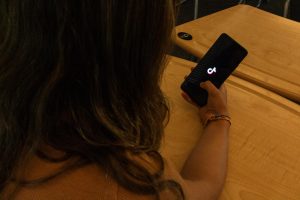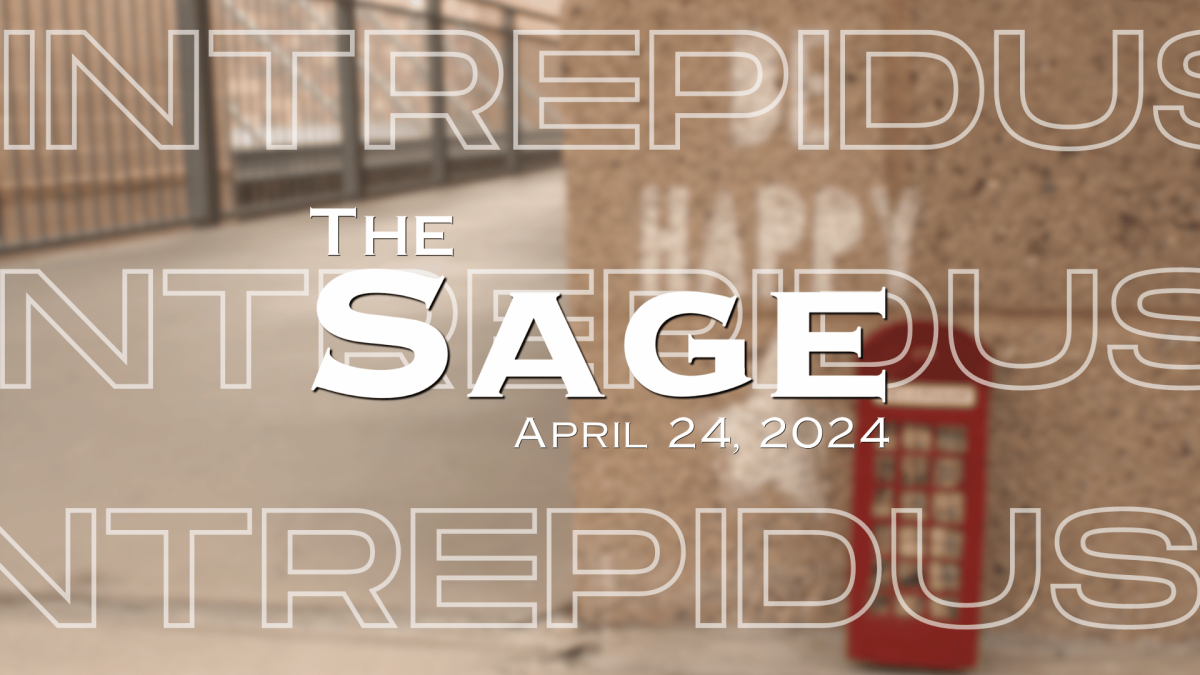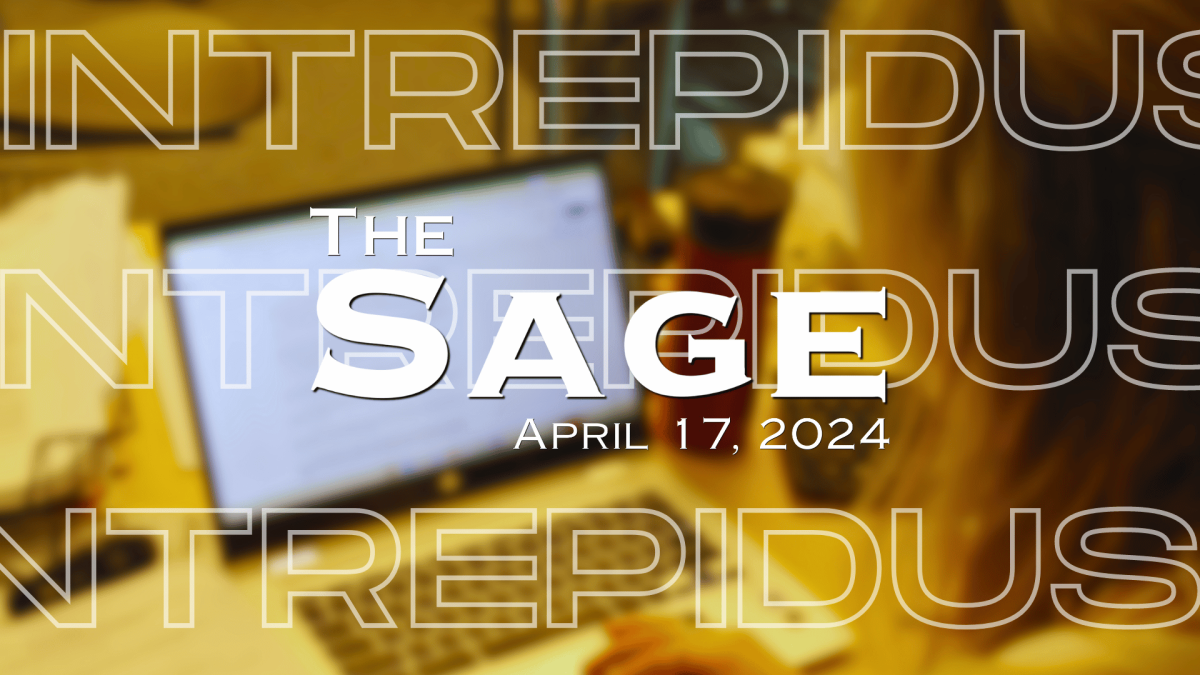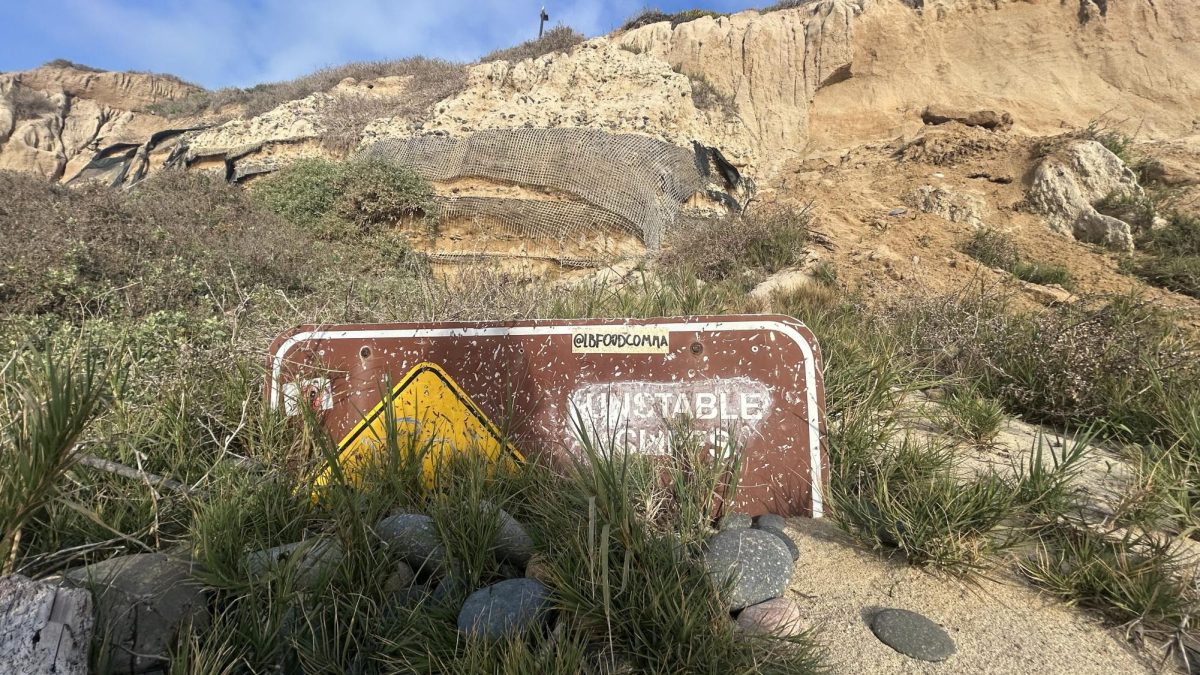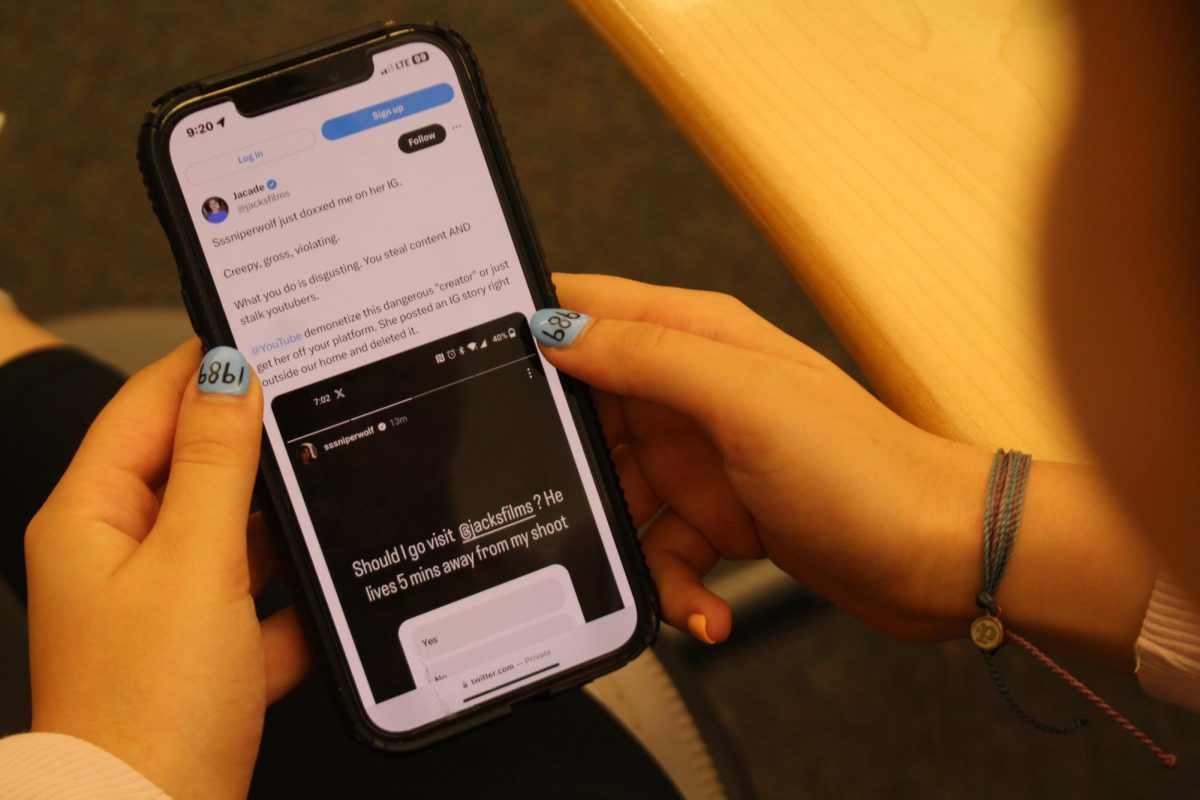According to ABC News, a senior at UC Davis used Artificial Intelligence (AI) to outline an English poem.
The introduction of AI technologies in educational institutions raises concerns for the future of education practices and expectations. According to the BestColleges survey, “56% of undergraduate and graduate students use AI for homework and tests. Among nursing students, over 55% of them state that their use of Artificial Intelligence tools on their schoolwork counts as cheating and plagiarism.”
Education professionals argue that AI apps like ChatGPT benefit a student’s schooling, while others say they damage it.
“AI can be very beneficial in many ways as well as threatening,” said Sage Creek High School librarian Golnessa Shali.
The real question is: is artificial intelligence a threat or a useful tool for students’ mental growth?
“I think AI is so new to many of us, that we truly can’t conceptualize both the opportunities and threats it poses,” said Sage Creek Principal Joshua Way.
When it comes to education benefits, AI assistance technologies can provide students with feedback on their strengths and weaknesses, enhancing comprehension and learning outcomes.
“I believe overall that progress and innovation are a benefit to our system,” said Way. “I think AI has an incredible potential to make learning more individualized and can accelerate many traditional aspects of learning.”
As mentioned by the Office of Educational Technology, “Artificial Intelligence could provide educational content to each student on campus. By scanning student data, AI can sync to course learning material and its speed rates to ensure individualized instruction for student users.” AI helps students have easy access to lessons, videos and other educational content.
“It can help students learn more effectively and help teachers save time,” said Shali.
Online study platforms that Sage Creek students and other high school students use, such as Quizlet are powered by AI tools.
“I believe AI can be a tool for students to use to their academic advantage in the process of studying and learning the content of the class,” said ASB vice president Carter Halenza. “For example, asking it to make a bulleted list on a certain topic for myself to help with the efficiency of studying.”
For Quizlet, Forbes states that it “relies on AI-powered tools to manage and assess study sessions and trace scores to help users memorize the course material.” Many students on campus think that their teachers are the ones monitoring their Quizlet lists, but they’re actually being developed by machine learning tools.
However, AI doesn’t always stand as an aid for learning, but rather as a distraction.
“As much as I am excited about the potential for AI, I strongly believe that any endeavor involving AI needs to involve digital citizenship and safety,” said Way.
English teacher Emily Kalberg said “AI could support many learners, but it becomes an issue when the technology is being used to replace their learning.”
According to The LA Times High School Insider , “AI can enhance learning experiences for students online; however, overdependence on AI may hinder a student’s independent thinking mindset.”
“I do still firmly believe plagiarism rules should stay the same when it comes to AI doing the work for us,” said Halenza.
If students rely too much on AI calculators in and outside of the classroom, they may no longer be able to think critically or independently.
“The challenge is to come up with regulations in order to prevent students from using AI for cheating or becoming too reliant on it,” said Shali.
It could also lead to distractions and multitasking as some students in the classroom may use AI for non-educational purposes, hampering their concentration and learning.
For teachers, the potential rise of AI technologies raises concerns about job displacement. If AI machines were the only teachers around school campuses, teaching degrees would be obsolete and past innovative teaching techniques would be outdated.
AI can stand out as a threat to education as it discourages insightful teaching, individual brainstorming and a balance between technological and physical engagement. For Sage Creek administrators to safeguard their students’ education from being tampered with by AI applications, they could enforce restrictions on AI interactions.
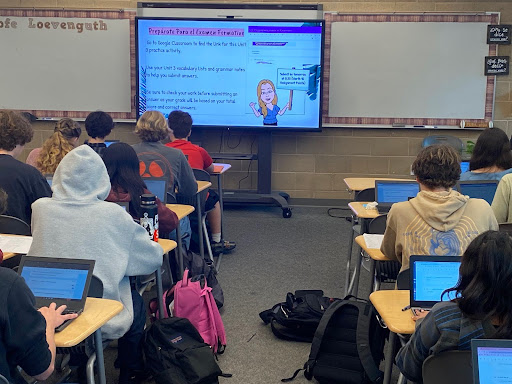
When it comes to reducing plagiarism, “teachers could increase the use of AI scanners such as Turnitin.com to detect any form of AI assistance in student assignments.” That way, students can acknowledge that their coursework is graded by their teachers under firm supervision, which would discourage future AI plagiarism in the future of education.
“We’ve placed limits on the use of AI by having students hand write their writing assessments instead of digitally,” said Kalberg. “This process restricts the use of all technology during a writing exam so we can trust and properly assess their understanding of learning outcomes.”
With regard to technology, administrators could continue issuing Chromebooks to all students on campus and banning laptops that have different capabilities and advantages than the Chromebooks. Administrators could also utilize turnit.com to go over writing assignments and only allow students to use Quizlet or other AI-limited platforms for studying.
“It is important to still do our own work because that is where we learn and grow from our mistakes and successes,” said Halenza.
If Sage Creek could adapt to a system of utilizing and restricting AI tools for students on campus, AI could prevent the deterioration of students’ education.




